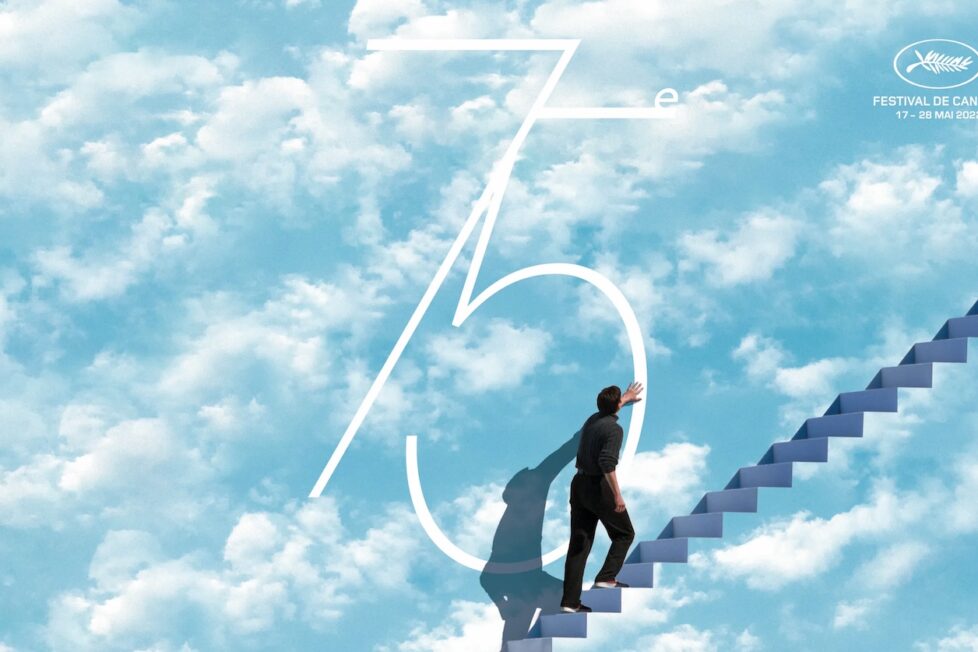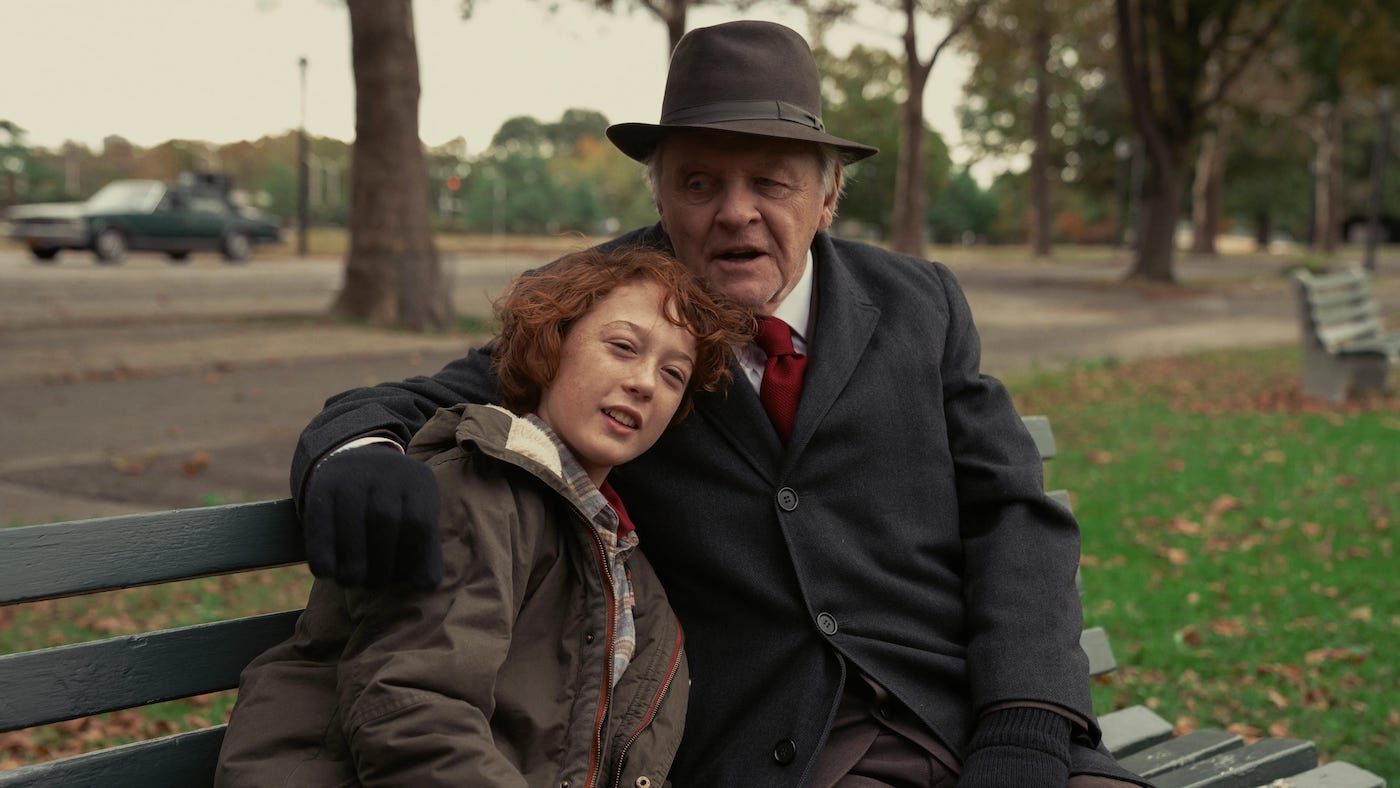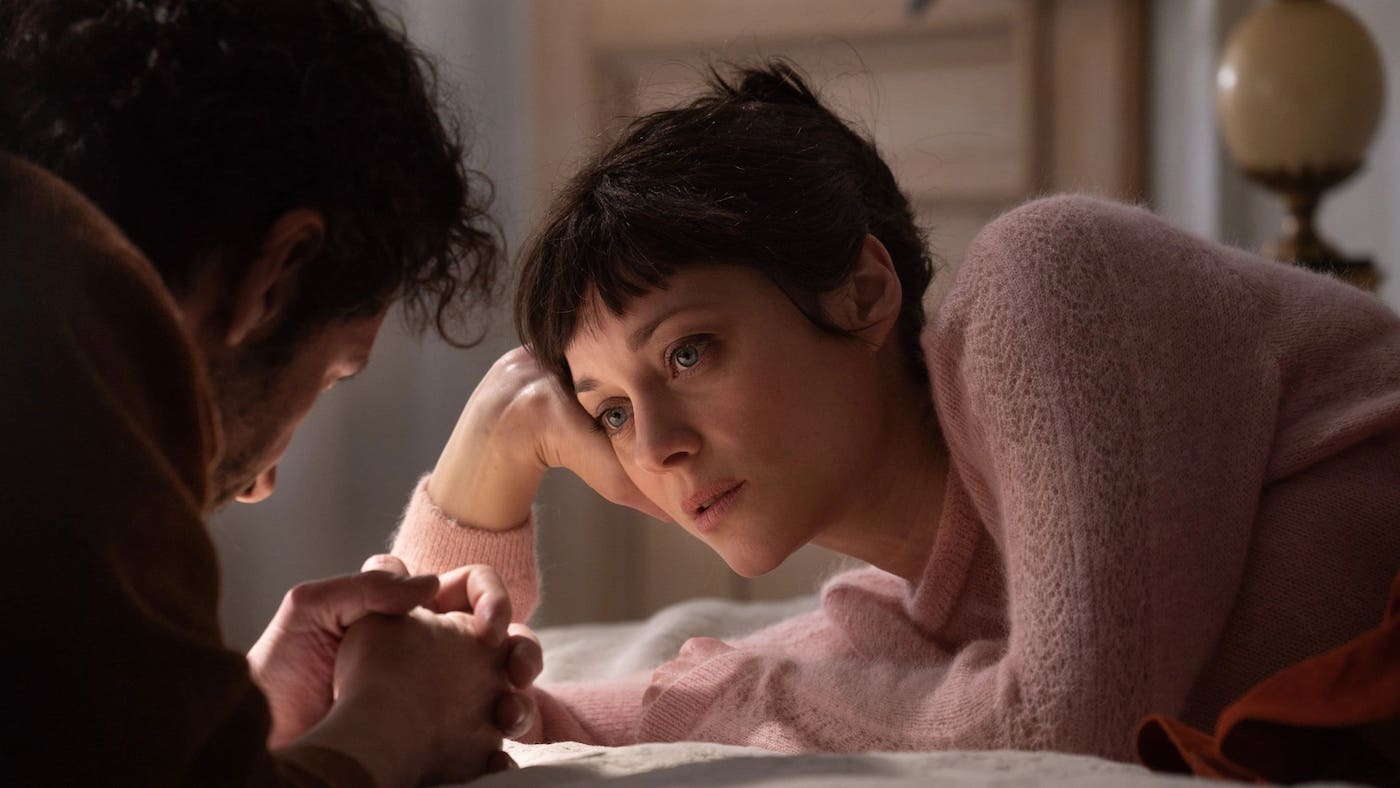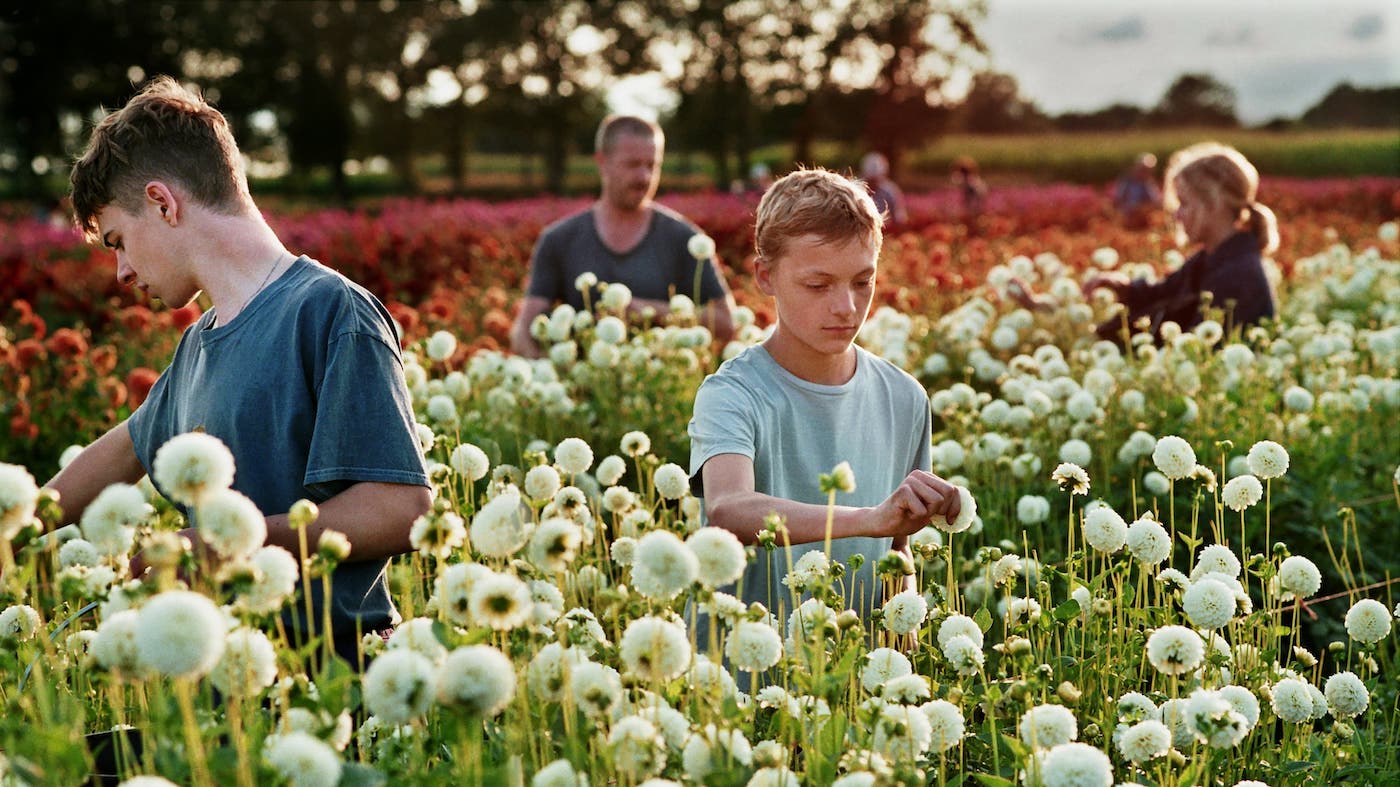12 Highlights of the Cannes Film Festival 2022

Cannes Film Festival may be over for another year, but its impact on 2022’s cinema and next year’s awards season is certainly not. Having launched successful films like Parasite (2018) and Titane (2021), this year’s event saw the stars return after two pandemic-interrupted years.
There were protests on the red carpet against violence towards women, hysteria when Tom Cruise arrived with Top Gun: Maverick and excitement when Baz Luhrmann’s glitzy new Elvis biopic earned a 12-minute standing ovation.
The French film festival also reunited with filmmakers like George Miller and David Cronenberg, who haven’t been to the festival in several years. This was a year of crowd-pleasers, although many have noted there failed to be that one groundbreaking must-see film.
Here are 12 films that made an impact; from the vomit-inducing to the heart-wrenching and surprisingly funny.
This year’s Palme d’Or winner from Ruben Östlund’s is farcical, savage, and wryly funny—which makes it the perfect follow up to The Square (2017), which also won the award. Bleak, bold, and drenched in bodily fluids, Triangle of Sadness will be hard to ignore.
It starts briefly in the world of modelling (the titular triangle of sadness is the area between the brows often rectified by plastic surgeons), but soon takes us onto a luxury yacht filled with some of the world’s most odious people. Harris Dickson (The King’s Man) is an aspiring model who takes his influencer girlfriend on a luxury trip. The yacht’s guests—mostly pretentious and uber-rich—get a shock when a storm disrupts their vacation and leads to a severe outbreak of seasickness. Woody Harrelson (Natural Born Killers) plays the alcoholic captain in a film that caused most of the audience to erupt in laughter at the sight of vomit.
Like all good satire, this winner split opinion. Part Lord of the Flies, part Succession, Triangle of Sadness shouts eat the rich from the rooftops in a delightfully unsubtle way.
Triangle of Sadness will be released across Europe in the autumn.


Showing Up is a joyous little comedy about making art and the ups and downs of that life. The film marks another collaboration between Kelly Reichardt (First Cow), her long-time writing partner Jon Raymond, and actress Michelle Williams (Wonderstruck).
Lizzy is a stressed-out sculptor living in Portland. Her hot water is broken, her cat’s just caught a bird, her brother is troubled, and her parents are unruly, and these are just some of the many distractions in her life. If you’ve ever made art or been in the creative world, Showing Up will feel familiar.
Showing Up has been praised for showing the real life of an artist who makes a living but not a very lucrative one. Every performance (Andre 3000, Amanda Plummer, Judd Hirsch, Hong Chau) has been praised, charming Lizzy away from her own creative world.

Clare Denis follows up High Life (2018) with The Stars at Noon. Based on the 1986 Denis Johnson novel, The Stars at Noon removes the romance thriller from the book’s setting to the modern pandemic era. The film follows two strangers turned lovers: Trish (Margaret Qualley), a young and struggling American journalist stranded in Nicaragua, and Daniel (Joe Alwyn), a mysterious English businessman.
The pair strike up a passionate romance, becoming entangled in conspiracies and colonial injustice. Part love story, part political thriller, Stars at Noon has been described as Denis’ most conventional and mainstream work to date. Called the female-fronted version of Michelangelo Antonioni’s The Passenger (1975), Stars at Noon manages to be a dreamlike dirge, feminist manifesto, erotic thriller and paranoid drama. The film tied for the Grand Prix, much to the surprise of some lukewarm critics.
Of her prior work, Stars at Noon shares the most DNA with White Material (2018), which is also about a white woman in a foreign land. Not everyone is sold on bringing the 1984 set novel into the modern-day, nor is the slow, dreaming pacing leaving everyone as heated as the lead romance.

Hirokazu Kore-eda won the coveted Palme d’Or with his devastating drama Shoplifters (2018) and returns with another story about people in the margins of society.
It follows Sang-hyun (Parasite’s Song Kang-ho who picked up the ‘Best Actor’ gong at the festival), who sets up a baby box where parents can anonymously leave their babies for him to find new parents for. He, alongside Dong-soo (Gang Dong Won), then set up a black market for unwanted babies.
Their operation gets complicated when one of their baby box drop-off points is watched by two police detectives on a stake-out, Su-jin (Doona Bae) and Lee (Lee Joo Young). And then the mother So-young (Lee Ji Eun), comes back for her baby, adding more twists to this highly enjoyable film.
Broker is more sentimental and sweeter than the plot sounds. It explores Kore-eda’s fascination with chosen families, only this time through a lighter and more comedic lens. No matter how farcical, sentimental or sweet, Kore-eda stays focused on the messiness of real life.

After her most forgotten Bergman Island, Mia Hansen-Løve’s returns to Cannes with the popular One Fine Morning. The harrowing film is based on the director’s own experiences with her father, who suffered from Benson’s Syndrome, a rare form of Alzheimer’s.
Léa Seydoux (No Time To Die) plays the daughter who experiences the horrors of losing a parent in such a cruel way just as she finds love with a married man. One Fine Morning explores the idea that agony and ecstasy really do go hand and hand.
While some have found it erring on the side of melodrama, Seydoux’s extraordinary performance anchors the film. Heartbreak and hope are bedfellows in this poignant French drama about unavailable men.

George Miller’s extravagant exotic fantasy starring Tilda Swinton and Idris Elba split festival audiences. Adapting A.S Byatt’s novella The Djinn In The Nightingale’s Eyes, Three Thousand Years of Longing is a thoughtful romance between a literature professor and a djinn. Whatever Miller’s fans might have been expecting of his follow up to Mad Max: Fury Road (2015), it certainly wasn’t this!
Swinton plays Dr Alithea Binnie, a specialist in narratology (narrative structure) who’s at a conference in Istanbul when she buys a glass bottle in the Grand Bazaar. After polishing it in her hotel room, a djinn appears (played by Idris Elba with pointed ears and furry legs). The pair converse and the djinn recounts his various adventures over the centuries. He has a history of getting in trouble by helping women. Three Thousand Years of Longing is destined to gain cult status with its emotionally cut-off heroine and exotic fantasy elements.
Three Thousand Years of Longing will be released on 30 September 2022 in the UK.

Park Chan-wook (Oldboy, The Handmaiden) brings his rich imagination with Decision to Leave, a nod to film noir and Alfred Hitchcock. The plot centres on Hae-joon (Park Hae-il), a Busan detective who stumbles onto a case involving Seo-rae (Tang Wei)—a recently widowed Chinese immigrant and prime suspect in her husband’s murder. Fans of Chan-wook’s ‘Vengeance Trilogy’ may be disappointed because Decision to Leave swerves into romance rather than violence. This gorgeously made film deals with marriage and the decision to leave it.
The screenplay by Park and Chung Seo-Kyung has been lauded for keeping audiences guessing, hitting you with new characters and unexpected developments. Wei has received critical acclaim for her dignified and reserved performance. Chan-wook ultimately won the ‘Best Director’ prize for the film.
Decision to Leave will be released theatrically in the US and UK in autumn 2022.

Crimes of the Future brings David Cronenberg (Crash) back to science fiction for the first time in two decades, and blends his signature ‘body horror’ with a retro-futurism. But perhaps Cronenberg fans will be disappointed with the lack of gore, given the tagline “surgery is the new sex”.
Crimes of the Future is set in a world where most people have started to grow mysterious new body parts, becoming accustomed to pain and disease. The only remaining art form in this world is surgery, and its lead performers are Saul Tenser (Viggo Mortensen in his fourth film with the director) and Caprice (Léa Seydoux). They both live in an abandoned industrial facility equipped to treat Tenser’s unusual physical quirks.
Kristen Stewart (Charlie’s Angels) stars as the highly-strung Timlin, who alongside Don McKellar’s (eXistenZ) Wippet, run ramshackle organisation the National Organ Registry. There’s a lot here for Cronenberg fans to be excited about, with Brazil (1985) and City of Lost Children (1995) the closest comparisons. The splatterpunk horror meets film noir stirred such a reaction some people even walked out when it screened in Cannes.
Crimes of the Future is coming to United Kingdom cinemas on 10 June 2022.


James Gray (Ad Astra) returns with Armageddon Time, a semi-fictional story about a sixth-grader named Paul (Banks Repeta) growing up in 1980s Queens, New York City. After he gets in trouble in his public school, he ends up at a private academy at the behest of his grandfather (Anthony Hopkins).
Although it gets itself tangled into Reaganomics, Armageddon Time has been praised by critics for excavating the layer of privilege Jewish-Americans have in comparison to their black neighbours. Anne Hathaway and Succession’s Jeremy Strong play Paul’s parents, who are navigating the blurred lines between being the target of anti-Semitism and enjoying the social standing and opportunities that come with whiteness.
This autobiographical tale is being described as Jewish-American Belfast, choosing morality over-sentimentality. Gray not only revisits his childhood years, but he also revisits the quiet subtlety of his earlier work.


Brother and Sister is a French drama by director Arnaud Desplechin (My Golden Days), starring Marion Cotillard as one half of a pair of estranged siblings forced to reunite after 20 years following the death of their parents.
Marion Cotillard’s Alice is a hugely famous stage star performing in an adaptation of James Joyce’s The Dead. Her brother Louis (The Young Lover’s Melvil Poupaud) is a celebrated yet conceited author. And they don’t get along, being mutually jealous of each other’s success, which came to a head when Louis wrote a tell-all memoir about their family.
Anyone who’s part of a complicated family is likely to find at least one character to root for despite their obvious flaws. This melodrama is tinged with humour, all the action kicking off within the first ten minutes of the film. Brother and Sister examine grief and pain without forgetting about the humour and irony of family dynamics.

Aftersun has become one of the festival’s breakout hits. Made by first-time writer-director Charlotte Wells and starring heartthrob Paul Mescal (Normal People), it’s being compared to Joanna Hogg’s Souvenir movies.
Aftersun effectively deals with how we must fill in the gaps of our childhood memories to understand them as adults. Mescal’s been lauded for his nuanced work here, playing a complicated father who his daughter only understands years later. It’s a coming-of-age story for both father and child.
With help from cinematographer Gregory Oke, Wells has been praised for delivering a visually fresh film, which smartly blends in footage from Sophie and Calum’s MiniDV camcorder. The movie, which won the French Touch Prize, is part ‘found family footage’, part melancholic father/daughter tale. Aftersun looks to be the next big hit for A24.


Lukas Dhont’s (Girl) sophomore coming-of-age feature is the tale of 13-year-old Léo. He lives in a pastoral Belgian town where his family grow and harvests flowers. Léo and his best friend Rémi are both too carefree and imaginative to join in the manual labour, so instead turn the farm into their playground.
The Critic’s Choice winner of the festival, Close is the tale of two teenage boys bullied for their closeness. Essentially acting like a couple, the pair (who often cuddle, hold hands and sleep in the same bed) are unaware of how unusual their friendship is and what it could be perceived as. This emotional Belgian drama tied for the Grand Prix with Stars at Noon, and many thought it would win the Palme d’Or itself.
The two barely teenaged leads, Eden Dambrine and Gustav de Waele, deliver strong performances in a film that’s sure to become a queer classic. This film is sure to spark conversations about desire and sexual suggestion in cinema, as uncomfortable as that may be given the context.

